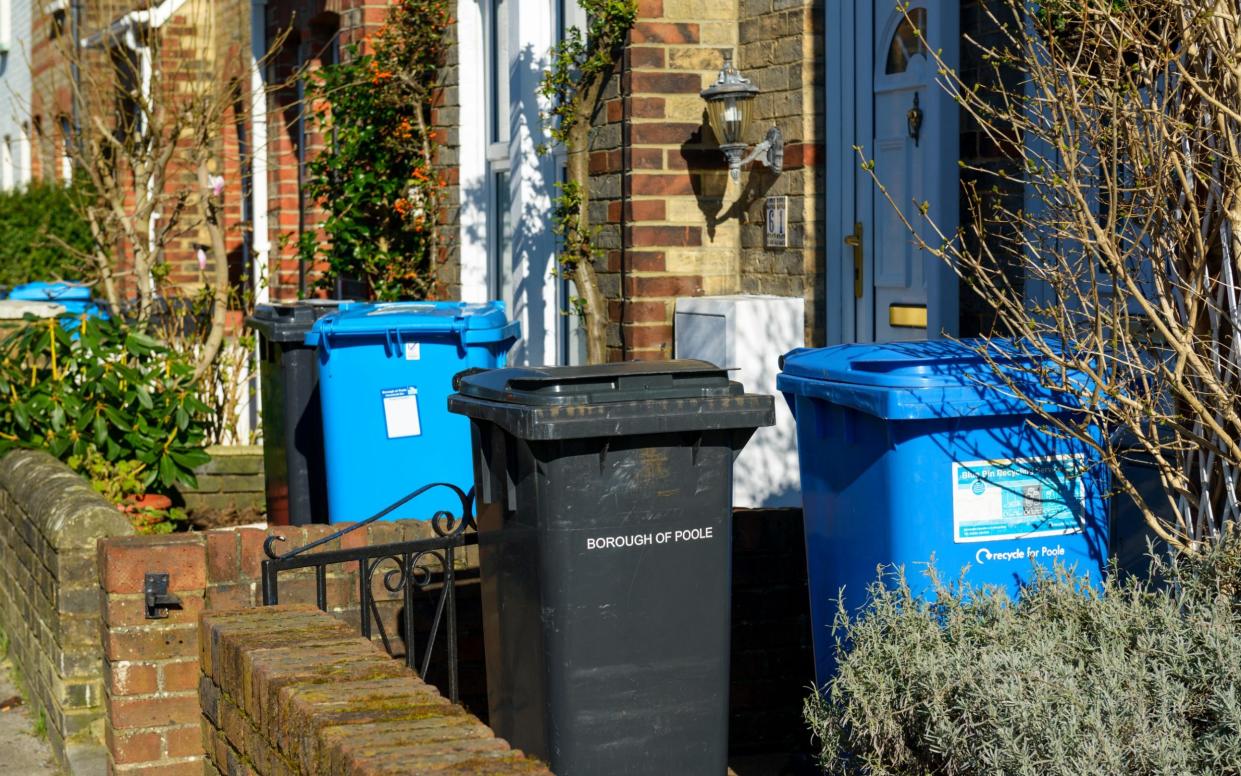Councils forced to ‘rip up financial plans’ as inflation adds £800m to costs

Councils will be forced to ditch spending plans and draw up emergency cuts to public services after the highest inflation in 40 years sparks an £800m surge in costs.
The Local Government Association (LGA) warned that inflation will force local leaders to make cuts to frontline services and poses a “serious risk to the future financial viability” of some councils.
James Jamieson, chair of the body representing local authorities, said funding for social care, bin collections and support for poor households could be at risk as councils scramble to meet their legal requirement to balance the books.
Council budgets were signed off earlier this year but soaring inflation has eroded funding for public services in real terms.
Analysis by the LGA found surging prices will increase council costs by £800m this year. It estimates that inflation, higher energy bills and increases to the National Living Wage will combine to add an extra £2.4bn in costs this year, climbing to a £3.6bn hit by 2024/25.
“Budgets are having to be reset with potential cuts to the essential services people rely on, in the middle of a cost of living crisis,” Mr Jamieson said.
“Communities face the real potential of funding cuts to local services – such as collecting bins, filling potholes, care for older and disabled people, early intervention, support for low-income households and homelessness prevention – just to meet their legal duty to balance the books this year.”
Carl Les, finance spokesman of the County Councils Network, said local authorities “face a winter of difficult decisions”.
He said: “Without funding to offset this crisis, councils could have to scale back construction projects or make in-year reductions to services.”
The squeeze to council budgets from inflation comes hot on the heels of the pandemic.
Several councils including Luton, Nottingham and Peterborough requested Covid support through so-called capitalisation directions, an accounting relaxation to allow them to shift funds and borrow to meet pressures on day-to-day spending.
Ministers were forced to take control of Slough Borough Council after it declared bankruptcy last year amid rising concerns about risky investments made by local authorities.
In order to boost budgets squeezed by the austerity era, a number of local authorities borrowed to fund commercial property investments, including sites outside council boundaries. There are fears that bets made before the pandemic on the high street and offices will turn sour, leaving taxpayers on the hook.

 Yahoo News
Yahoo News 
